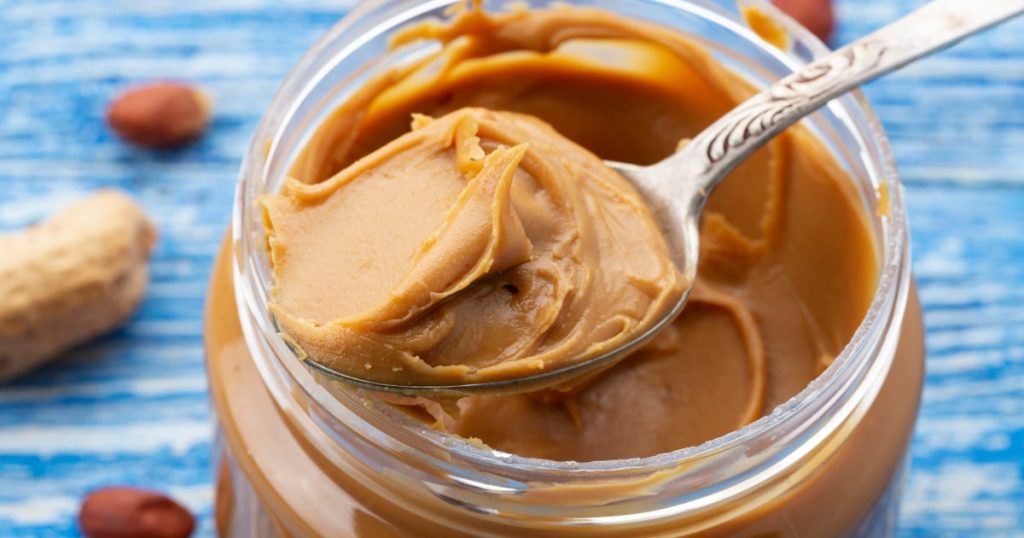Peanut butter is a delicious and nutritious spread that is rich in protein, healthy fats, and other essential nutrients. There are various types of peanut butter available, such as smooth, chunky, natural, organic, and low-fat, each catering to different preferences and dietary needs. With so many options to choose from, it can be overwhelming to select the healthiest peanut butter at the grocery store. Dietitians recommend focusing on the type of ingredients used in peanut butter to determine its nutritional value.
In its purest form, peanut butter is made from ground roasted peanuts, which are naturally rich in protein, oils, fiber, and other micronutrients. However, store-bought peanut butter often contains additional ingredients like salt, sugar, oils, and preservatives, which can alter its nutritional content. A standard serving of smooth peanut butter typically provides 191 calories, 7 grams of protein, 16 grams of fat, 7 grams of carbohydrates, and various vitamins and minerals. Depending on the type and brand of peanut butter, the nutritional composition may vary.
Overall, peanut butter is considered a healthy food when consumed in moderation as part of a balanced diet. It is a good source of healthy fats and protein, which helps promote satiety and keep you full. Peanut butter is rich in unsaturated fats, particularly oleic acid, which can benefit heart and brain health. Regular consumption of nut butters has been linked to a reduced risk of heart disease and Type 2 diabetes. Peanut butter is also free of cholesterol and trans fats, making it a heart-healthy option. However, it does contain some saturated fats, so it is important to monitor your intake.
When choosing the healthiest peanut butter, it is essential to look for varieties with minimal added ingredients. Natural peanut butters that contain only peanuts and salt are recommended for their simplicity and nutritional value. It is advisable to select brands with low sodium and sugar content, as excess salt and sugar can detract from the health benefits of peanut butter. Additionally, opt for natural peanut butters that do not contain stabilizers or hydrogenated oils, as these additives can be detrimental to health.
Unhealthy peanut butters are typically those that contain excessive additives such as sugar, oils, and preservatives. Varieties with added sugars like honey-roasted or chocolate peanut butters should be consumed in moderation as occasional treats rather than daily spreads. Reduced-fat or low-fat peanut butter options may not necessarily be healthier, as they often contain added sugars and salt to enhance flavor. It is crucial to read labels carefully and choose peanut butters with minimal added ingredients to ensure you are getting the most nutritional benefits.
While peanut butter can be a nutritious part of your diet, it is important to consume it in moderation to avoid excess calorie and fat intake. The recommended serving size for peanut butter is 2 tablespoons per day to prevent overconsumption. By choosing natural, minimally processed peanut butter with no added sugars or unhealthy additives, you can enjoy the health benefits of this versatile spread without compromising your nutritional goals. Remember to mix your natural peanut butter before use to ensure a consistent texture and flavor.













